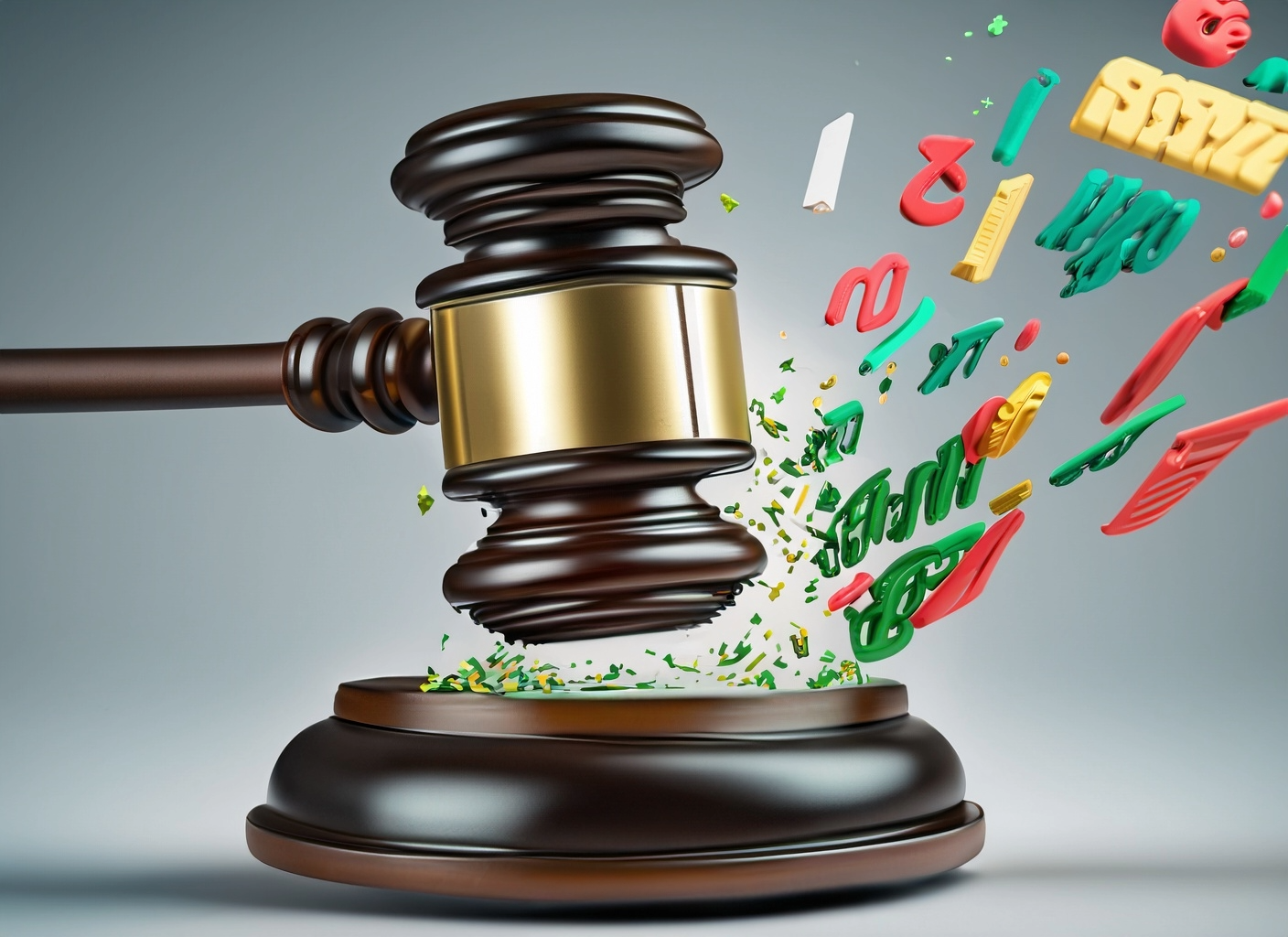
In March 2021, Archegos Capital Management, a family office run by Bill Hwang, collapsed in a spectacular fashion, leaving its counterparties with over $10 billion in losses. The collapse of Archegos was one of the largest hedge fund failures in history, and it has since been the subject of intense scrutiny by regulators and law enforcement.
Shortly after the fund’s collapse, the Securities and Exchange Commission (SEC), the Commodity Futures Trading Commission (CFTC), and the Department of Justice (DOJ) all filed charges against Archegos and its executives. The SEC and CFTC have alleged that Archegos engaged in a "massive market manipulation scheme" by taking huge positions in stocks using total return security-based swaps (TRS) with multiple counterparties without disclosing the full extent of its exposure to any of them. The SEC and CFTC have also alleged that Archegos misled its counterparties about its liquidity and the composition of its portfolio in order to secure favorable margin terms and increase its trading limits.
The DOJ filed criminal charges against Hwang and two other Archegos executives, Patrick Halligan and Scott Becker. The DOJ has alleged that the defendants engaged in a scheme to defraud Archegos' counterparties by making false and misleading statements about Archegos' financial condition and investment strategy.
Current status of the litigation
In April 2022, Hwang was indicted by a federal grand jury on securities fraud, racketeering conspiracy, and commodities fraud charges. He is currently awaiting trial. Halligan and Becker have pleaded guilty to securities fraud charges and are awaiting sentencing.
The SEC and CFTC enforcement actions against Archegos are still ongoing. In July 2022, the SEC reached a settlement with two of the Archegos executives, William Tomita and James Zelinsky. Tomita and Zelinsky agreed to pay disgorgement and penalties totaling $400,000 each.
On September 20, 2023, the federal judge overseeing the SEC and CFTC suits against Archegos permanently dismissed the CFTC's suit against Archegos after finding that the agency exceeded its regulatory jurisdiction with its claims. The CFTC had argued that certain of the TRS (ETF Swaps and the Custom Basket Swaps) with returns based on shares of ETFs that track broad-based security indexes, such as the S&P 500, are swaps subject to CFTC regulation rather than securities-based swaps regulated by the SEC. The judge disagreed, saying that the CFTC failed to allege a plausible theory of liability for its claims involving the ETF Swaps and the Custom Basket Swaps and ruled that both the TRS types were within the exclusive jurisdiction of the SEC. However, the SEC’s suit against Archegos and Hwang remains in force, as the judge denied Hwang's request to dismiss the SEC’s lawsuit against him.
Implications of the litigation
The litigation against Archegos is significant for a number of reasons. First, it is a reminder that even the largest and most sophisticated financial institutions are not immune to fraud. Second, it highlights the importance of transparency and risk management in the financial industry. Third, it is a reminder that regulators and law enforcement are willing to take action against those who engage in market manipulation and fraud.
The outcome of the litigation against Archegos is still uncertain. However, the case has already significantly affected the financial industry. The SEC and CFTC have proposed new rules to regulate TRS markets and to improve transparency and risk management practices among hedge funds. The collapse of Archegos has also served as a cautionary tale for investors about the risks of investing in complex and leveraged financial products.